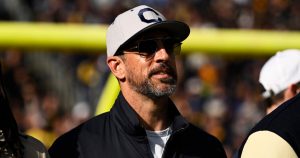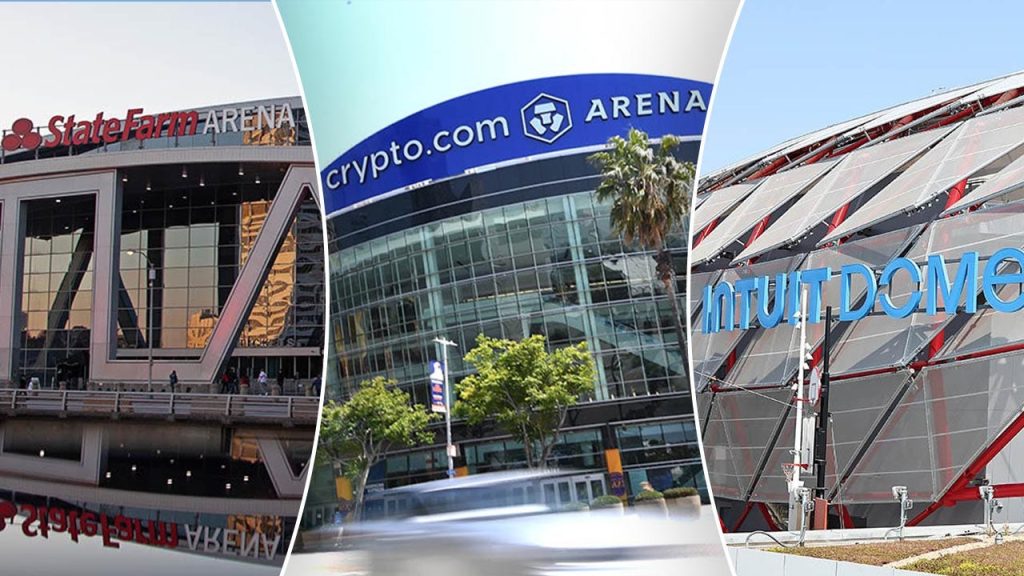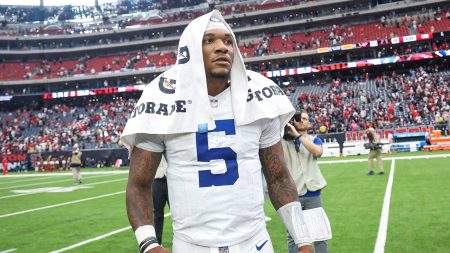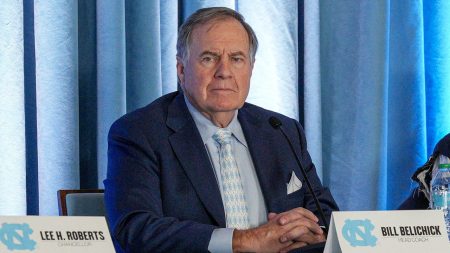The NBA found itself grappling with the disruptive forces of nature on both sides of the United States, leading to a series of game postponements. In the East, a winter storm wreaked havoc in Atlanta, blanketing the city in snow and ice, creating hazardous travel conditions. The storm’s aftermath forced the postponement of the Atlanta Hawks’ home game against the Houston Rockets, prioritizing the safety of players, staff, and fans. While the main brunt of the storm had passed by Saturday morning, lingering icy conditions and the potential for refreezing posed significant safety risks. The Rockets, having already arrived in Atlanta, were left to wait as the league made the difficult decision to postpone the game. This unexpected turn of events highlighted the unpredictable nature of winter weather and its potential to disrupt professional sports schedules.
The icy conditions in Atlanta were part of a larger winter weather system that impacted a wide swath of the southeastern United States, causing power outages and travel disruptions. Downed power lines, burdened by the weight of ice and snow, left over 110,000 customers without electricity, primarily in the Atlanta area. The treacherous conditions underscored the importance of prioritizing safety during severe weather events, prompting the NBA to err on the side of caution. This decision reflected the league’s commitment to the well-being of its players, staff, and fans, recognizing the potential dangers posed by icy roads and power outages.
Meanwhile, on the opposite coast, a starkly different natural disaster unfolded. Southern California battled raging wildfires, which ignited earlier in the week, spreading rapidly through the greater Los Angeles area. The devastating fires forced the postponement of several NBA games, including the Los Angeles Lakers and Los Angeles Clippers home games scheduled for January 11th. The league, in coordination with local officials in Los Angeles and Inglewood, made the decision to postpone the games to avoid diverting resources from the critical wildfire response efforts. This action demonstrated the league’s commitment to supporting the community during times of crisis, recognizing the importance of prioritizing emergency response over sporting events.
This was not the first disruption for the Lakers, who had already seen their home game against the Charlotte Hornets postponed on January 9th due to the ongoing wildfires. The repeated postponements highlighted the severity of the situation in Southern California and the widespread impact of the wildfires. The NBA, along with the National Basketball Players Association (NBPA), responded to the crisis by pledging $1 million in donations to the American Red Cross and other organizations involved in disaster relief efforts. This significant contribution underscored the league’s commitment to supporting communities affected by natural disasters and providing much-needed aid during challenging times.
The contrasting natural disasters impacting both coasts of the United States presented unique challenges for the NBA. In Atlanta, the winter storm created hazardous travel conditions and power outages, while in Southern California, raging wildfires threatened lives and property. Both situations required the league to prioritize safety and community support, leading to the postponement of multiple games. The Lakers and Clippers, both playing their home games in the greater Los Angeles area, were directly affected by the wildfires, while the Hawks experienced the impact of the winter storm on the East Coast.
The rescheduled dates for the postponed games remained undetermined as the league continued to monitor the evolving situations on both coasts. The Hawks’ next scheduled home game was against the Phoenix Suns on January 14th, but the status of that game remained uncertain pending further assessment of the conditions. The league emphasized its commitment to announcing the rescheduled dates as soon as possible, while acknowledging the need to prioritize safety and community support in the face of ongoing natural disasters. The future of the NBA schedule remained fluid, dependent on the unpredictable nature of both winter storms and wildfires.










